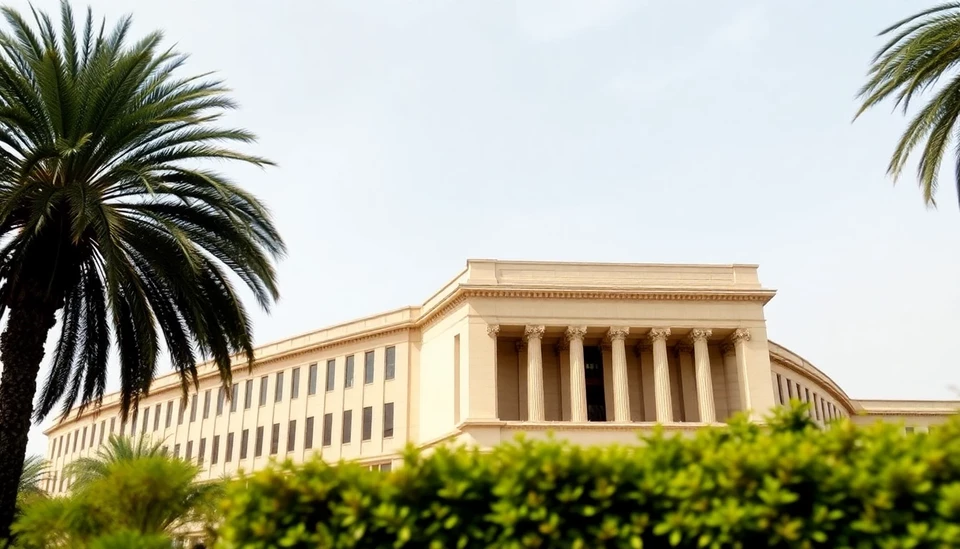
In a significant boost to its economic prospects, Egypt has received a credit rating upgrade from Fitch Ratings. This recognition comes as the country demonstrates tangible results from a series of ambitious fiscal reforms aimed at reviving its economy amidst challenging conditions. The move signals growing confidence in Egypt’s financial management and a commitment to restoring stability in the face of global economic pressures.
Fitch has elevated Egypt's long-term foreign-currency issuer default rating (IDR) from ‘B’ to ‘B+’. This upgrade reflects the rating agency's assessment of improved fiscal metrics, particularly the government’s ability to implement effective policies that enhance public financial management and stabilize the economy. Indicators of success include strengthening reserves and a decline in the budget deficit, which are critical for sustainable growth.
The reforms, led by Egypt's government, have targeted various sectors, contributing to a more robust fiscal framework. Key measures include streamlining subsidies, enhancing tax collection efficiency, and undertaking significant structural adjustments to public enterprises. These steps not only aim to reduce the fiscal deficit but also to create a more resilient economy capable of withstanding external shocks.
Fitch highlighted that these fiscal reforms are showing early signs of success, which is paramount for Egypt as it navigates the complex landscape of the global economy. The agency stated that Egypt’s efforts are paying off by bolstering investor sentiment and attracting foreign direct investments, essential for sustaining economic momentum. In addition, the successful implementation of monetary policies has helped stabilize currency fluctuations, further instilling confidence among stakeholders.
Experts in the field are optimistic that this upgrade will have a positive ripple effect across the economy. A higher credit rating can lead to lower borrowing costs for the government, improving fiscal capacity and potentially funding more development projects. Additionally, better credit ratings typically enhance a country’s attractiveness to foreign investors, which could further stimulate economic activities and create job opportunities.
However, despite the improved outlook, challenges remain. The Egyptian economy continues to face pressures from external factors, including fluctuating oil prices and geopolitical tensions in the region. Furthermore, inflationary pressures and high public debt levels require ongoing vigilance and strategic planning from policymakers.
Moving forward, continuity in implementing and refining fiscal policies is crucial for maintaining this momentum. Stakeholders will be watching closely to see how the government adapts its strategies to sustain economic growth and further improve its credit rating in the eyes of international financial markets. An unwavering commitment to reform, coupled with responsive governance, will be key to ensuring Egypt capitalizes on this upgrade and fosters long-term economic stability.
As Egypt steps into this new phase post-upgrade, it is evident that the government’s epochal reforms could herald a new era for the nation’s economy, resonating positively across various sectors and contributing to a promising future.
#Egypt #FitchRatings #CreditUpgrade #EconomicReform #FiscalPolicy #ForeignInvestment #FinancialStability #SustainableGrowth #MiddleEastEconomy
Author: Rachel Greene




